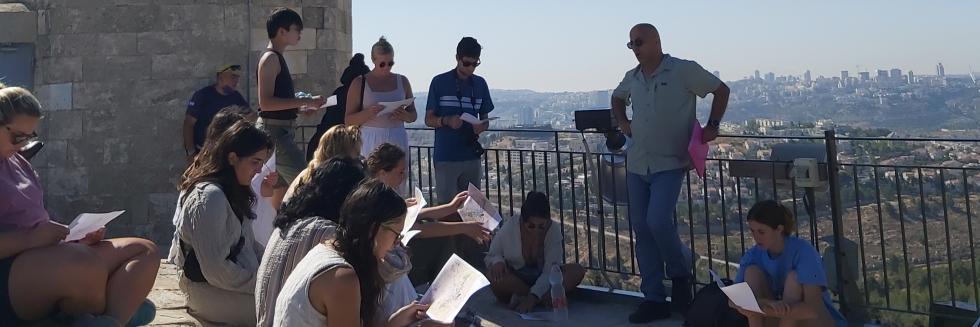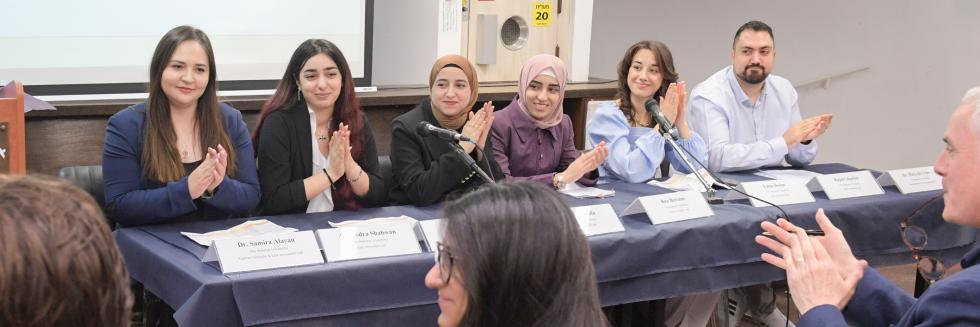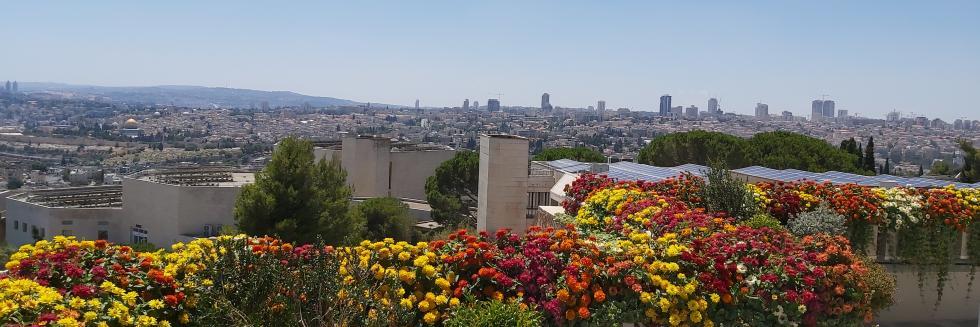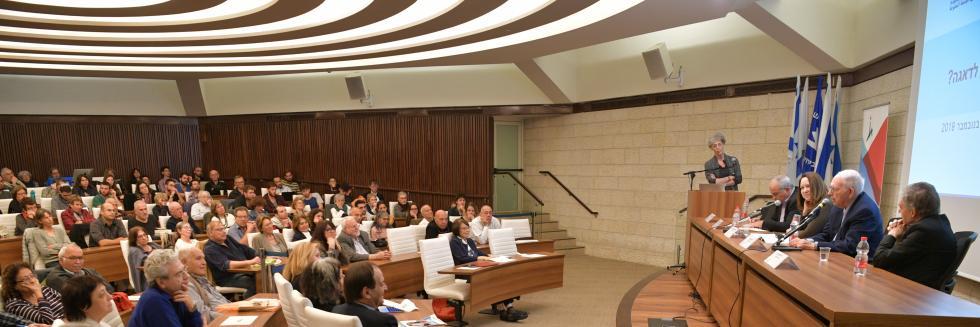Dr. Laila Abed - Rabho
Areas of Expertise: Islam, gender, women rights, Palestine, history , justice
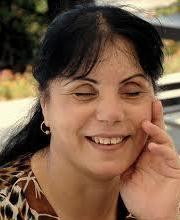
Research Abstract
"Agents of Social and Gendered Change?: The Role of Women Journalists in Palestinian Society in East Jerusalem"
Perhaps the most dramatic historical event of the 20thcentury was the renewed interpretation of the cultural consciousness of the different societies. The many means of media have helped to speed up the vast changes that are taking place in the patterns of thinking of people; changes that even Palestinian society, despite its difficult political, economic, and social conditions, was not immune to.
Until a few years ago, Palestinian women, in the West Bank, the Gaza Strip, and East Jerusalem did not have any voice in the media sector. After the Oslo Accords, the process of building civil institutions in the Palestinian sphere enabled women to work in media as journalists, photographers, and editors. But despite that the Palestinian media has existed for a long time, and despite that a number of Palestinian women have succeeded to distinguish themselves in the sphere of media, their role has been limited to specific administrative jobs. No woman has held the position of chief editor of a Palestinian newspaper, and only a small number of women have held positions of managing television and radio programs. Moreover, women that did succeed in getting positions of journalists did not succeed at changing the status of women in Palestinian society or even changing the negative and stereotypical representation of women in the media: women are still portrayed in the Palestinian media as oppressed, shackled, spoiled, lacking in ability, and not valued. They are not represented as empowered partners in social and economic development.
What is the reason for the absence of women from the Palestinian media institutions in East Jerusalem? What kind of influence do Palestinian women have (even if there are few) on the form and on the content of the local media in terms of the stereotypical image of women? What is the main type of content that is produced by women? Do women journalists seek gendered and social change through their work in the media or do they prefer to remain silent and to emulate their male counterparts? And what does the public, the religious establishment, and the women journalists themselves think of their work in the media and on their role as possible agents for social change? This research seeks to answer these questions, by focusing on the Palestinian society of East Jerusalem, in which women suffer from patriarchal oppression and from the consequences of the ongoing nationalist conflict with Israel.
This research is based a combined methodology of in-depth interviews and analysis of media content. During the research, women who work in the Palestinian media in East Jerusalem will be identified and interviewed, as will be people from the religious establishment, East Jerusalem residents, and additional media figures. In addition, I will conduct qualitative analysis of materials, both related to the media and to religion, which deal with the position and status of women in society and in the media. Given the limited research material on this subject, this research will shed light on the position of Palestinian women in East Jerusalem, as well as on their potential to affect change in a patriarchal and traditional society

